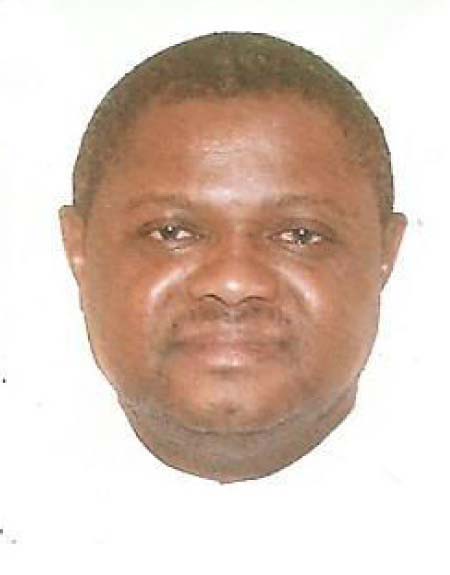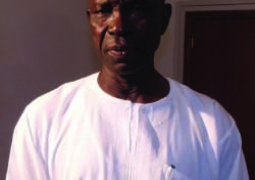
The Pope visited a mosque in Bangui where he prayed and encouraged Muslims to live harmoniously with Christians in their country.He said at mass on the same day that both Christians and Muslims should see each other as brothers and sisters spreading and living the good news of peace.
Christian-Muslim dialogue refers to four aspects of life.First and foremost is the dialogue of life, i.e. the natural atmosphere in which both Christians and Muslims live together as citizens of the earth, sharing and living on what mother earth can offer. The dialogue of life appears in ordinary living in our homes, market places, offices and places of recreation.
Secondly is the dialogue of prayer, which is the opportunity given when Christians and Muslims can come together to share about their faith without proselytization. This aspect of dialogue of faith may even offer the rare opportunity of Christians praying together with Muslims just as in the event of the Pope’s recent visitation to a mosque in Bangui, in Central African Republic.
The third aspect of dialogue is intellectual, i.e. the aspect of learning and exchange of teachings pertaining to each other’s religion. This aspect is embraced by those interested in scholarly work.It is right in this way that scholars involve in this intellectual exercise to avoid extremism and fundamentalism.
The fourth aspect of dialogue is the dialogue of work, i.e. the atmosphere of work that prevails where Christians – Muslims work together.In a milieu like this both Christians and Muslims live and work together for the common good and to see that they are serving their society and community not as Christians or Muslims.They can both work and practice their faiths without interruption of their religious convictions.
The event of the Central African Republic had already been experienced in The Gambia. The Saint Pope John Paul II visited The Gambia on the 23rd February 1992 and spoke to both Christians and Muslims at a mass at the Independence Stadium in Bakau.He had urged Gambians to foster and maintain the good peaceful religious co-existence.He had urged both Christians and Muslims to be a sign and model of Christian Muslim Dialogue in the West African sub-region. He also urged Gambians in general to up hold the family as the strength in African culture.
The Gambian experience on Christian-Muslim dialogue is cherished by both leadership of the two faiths.What is paramount is that our Gambian experienced should be safe guarded and encouraged.The central body of Christians and Muslims - The Gambia Christian Council and the Supreme Islamic Council should also formulate activities and regular fora to promulgate dialogue.
The Gambia is a peaceful and peace loving country known with a culture of peace. Both Christians and Muslims had lived together all this while.In our markets, in our schools, and places of recreation we mix together. At christening ceremonies and at funerals, you cannot distinguish who is who because we share the joys and sadness of every occasion.


